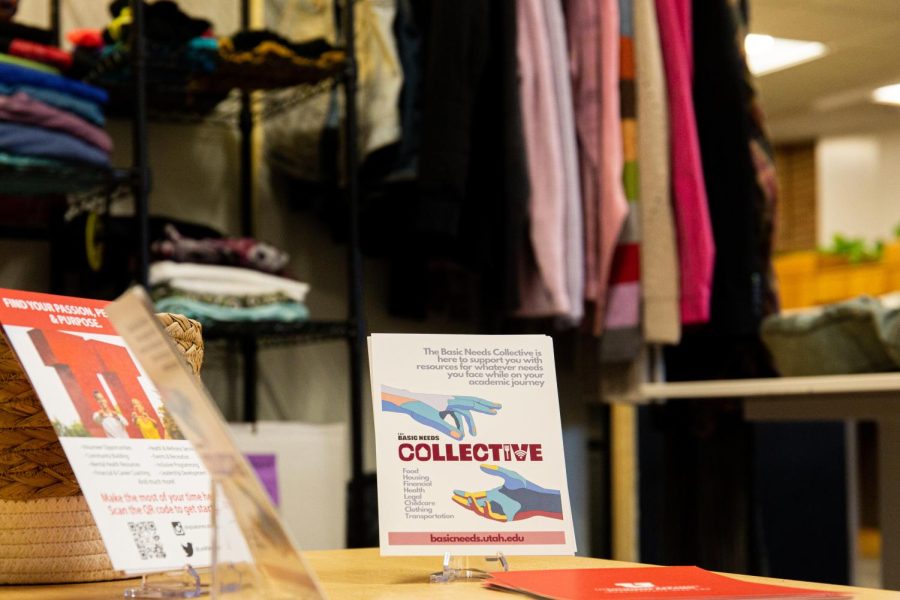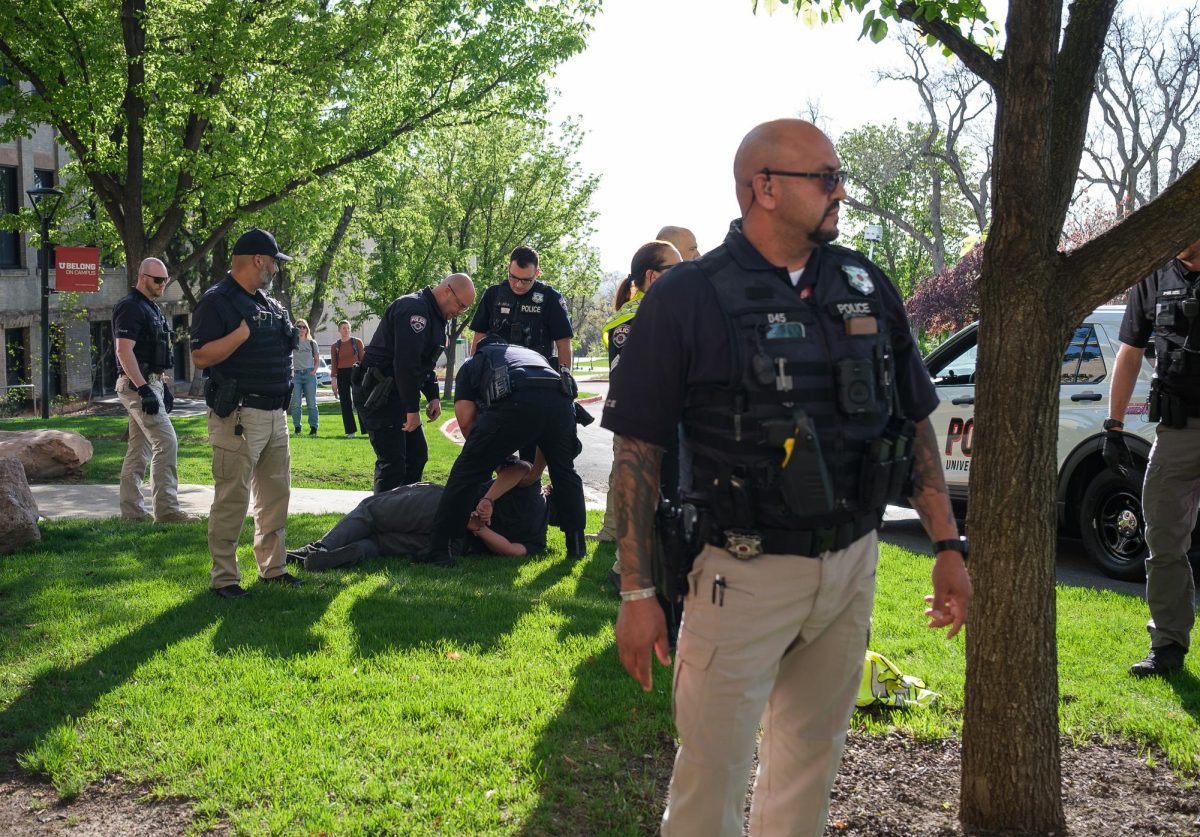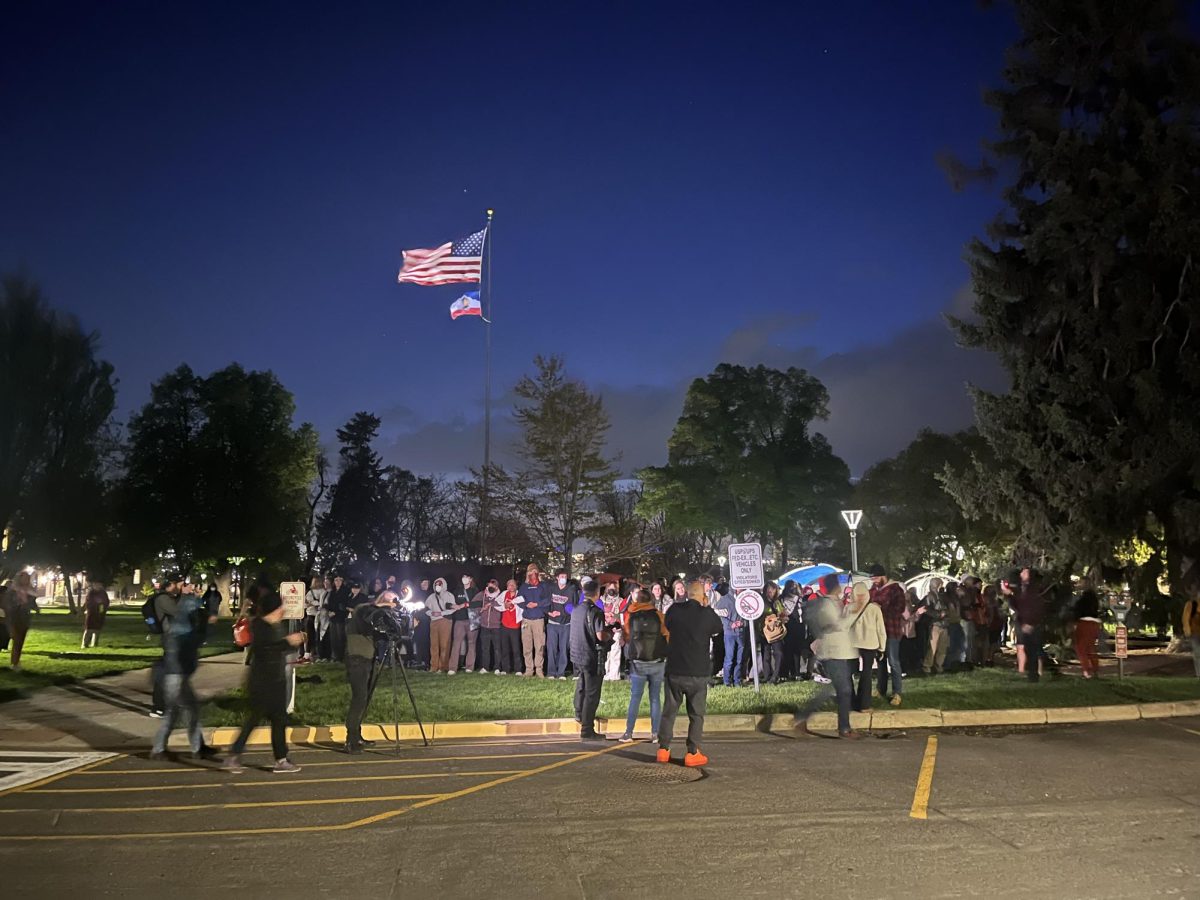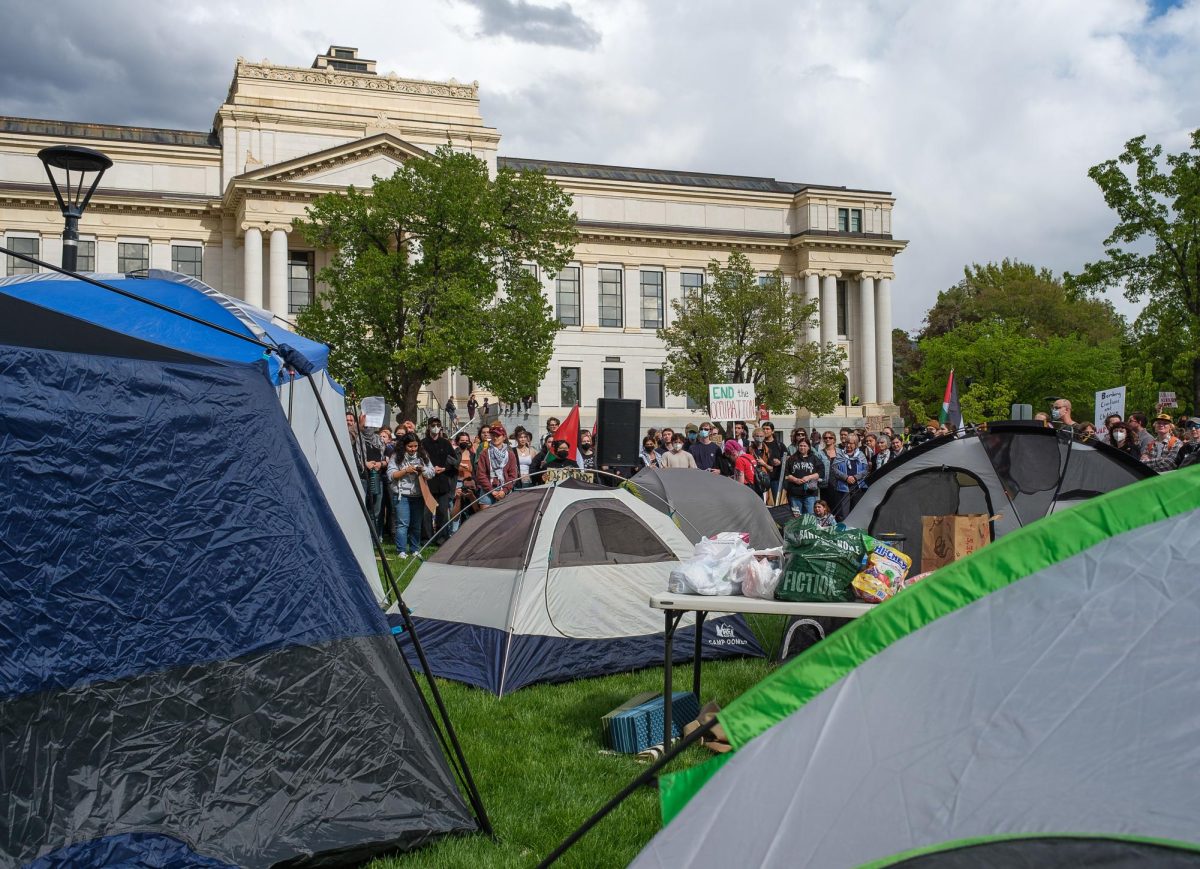The statewide higher education budget cut, which is shrinking the U’s state funds across the board, has prompted campus police to suspend its rape awareness and defense courses8212;an echo of the silence that pervades the U’s sexual assault survivors.
The U Police Department has offered Rape Aggression Defense classes in the Huntsman Center and U Police headquarters since 2003, which were designed to teach women how to defend themselves from sexual assault as well as provide survivors with a safe place to talk about their abuse.
The two-month long course was offered three times a year, with classes beginning in February, April and September.
It was a popular course, with more than 70 women on waiting lists, but U police and the U Safety Committee decided to cut the class to save money after their budgets were cut by four percent.
Between 20 and 25 percent of college women experience an attempted or completed sexual assault during their college years, according to a study by the Center for Disease Control and the U.S. Department of Justice. The Utah Coalition Against Sexual Assault came out with the same number8212;one in four.
On a campus of approximately 12,600 women, the statistics suggest a greater number of reported rapes than three per year, but according to the campus police’s annual safety report, a total of about one to two students reported forcible sexual abuse each year since 2005. It’s the same story from 1999 to 2004, said Annie Nebeker Christensen, the dean of students.
“I am confident that there is more sexual assault here than we know about,” said Scott Folsom, chief of the U Police Department.
A 2007 anonymous telephone survey by the Utah Commission on Criminal and Juvenile Justice estimates that only 12 percent of rape survivors tell police about the crime. The report proposed that rape is the most underreported crime in the state. Among college-age women, it cites embarrassment as the major reason they don’t tell police.
In addition to the personal ramifications, there is another social obstacle between the survivor and the police8212;friends.
“In a close community-like campus, if it’s a social group where people have friends in common, it’s often the friends that are reported to,” said Alana Kindness, executive director of UCASA.
When a rape survivor knows the perpetrator, the survivor becomes 44 percent less likely to tell the police, according to the same studies. Half of the time, college women are raped while on a date, according to studies by UCASA. Even when the rapist is only an acquaintance, in a closed social environment, survivors will likely tell only their friends.
If victimized U women aren’t reporting the crimes to U Police, the friends they tell need to be educated about rape recovery and the resources available to the survivor so they can get the help they need, Folsom said.
“That sucks for all (the women) who wanted to take the class,” said Yi Xu, a junior electrical engineering major. Xu added that the course sounded ideal since it was taught by police who know the campus better than anyone else.
In the absence of the U’s rape awareness or defense courses, it becomes more important for U women to be able to educate and protect each other on their own if they don’t tell police, he said.











